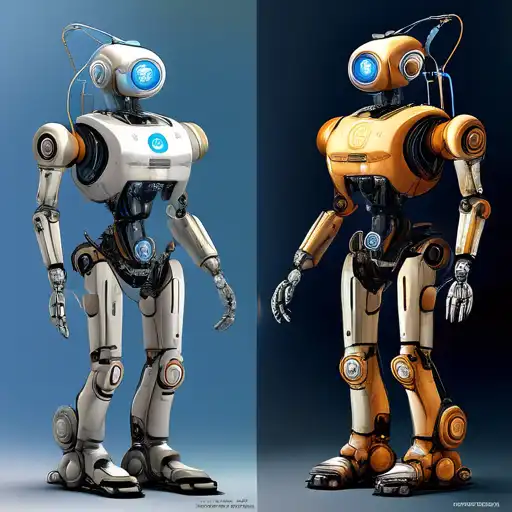The Dawn of a New Era in Technology
Robotics is no longer a concept confined to science fiction. Today, it stands at the forefront of technological advancement, promising to revolutionize industries, enhance human capabilities, and redefine the way we live and work. From manufacturing floors to the depths of outer space, robotics is paving the way for a future that was once unimaginable.
Understanding Robotics and Its Impact
At its core, robotics combines engineering, computer science, and artificial intelligence to create machines capable of performing tasks autonomously or semi-autonomously. These tasks range from the simple, like assembling cars, to the complex, such as performing delicate surgical procedures. The impact of robotics is vast, touching every sector from healthcare to agriculture, and its potential is only beginning to be tapped.
The Role of AI in Robotics
Artificial intelligence (AI) is the brain behind the brawn of robotics. It enables robots to learn from their environment, make decisions, and improve over time. This synergy between AI and robotics is accelerating the development of smarter, more adaptable machines capable of tackling challenges that were previously beyond reach.
Applications of Robotics in Today's World
The applications of robotics are as diverse as they are transformative. Here are just a few areas where robotics is making a significant impact:
- Healthcare: Robots are assisting in surgeries, rehabilitating patients, and even providing companionship to the elderly.
- Manufacturing: Automated robots are increasing efficiency and safety on production lines.
- Agriculture: Drones and robotic harvesters are optimizing crop management and yield.
- Space Exploration: Robotic rovers and probes are exploring planets and celestial bodies, gathering data that would be impossible for humans to collect.
Challenges and Ethical Considerations
Despite its promise, the rise of robotics brings challenges, including job displacement, privacy concerns, and ethical dilemmas surrounding autonomous decision-making. Addressing these issues requires thoughtful regulation and a collaborative approach between technologists, policymakers, and the public.
The Future of Robotics
As technology continues to evolve, the future of robotics looks brighter than ever. Innovations in materials science, energy storage, and machine learning are set to unlock new possibilities, making robots more accessible, versatile, and integrated into our daily lives. The next frontier in technology is not just about building robots; it's about reimagining the potential of human and machine collaboration.
For those interested in the intersection of technology and innovation, exploring the advancements in artificial intelligence and automation can provide further insights into how robotics is shaping our future.
